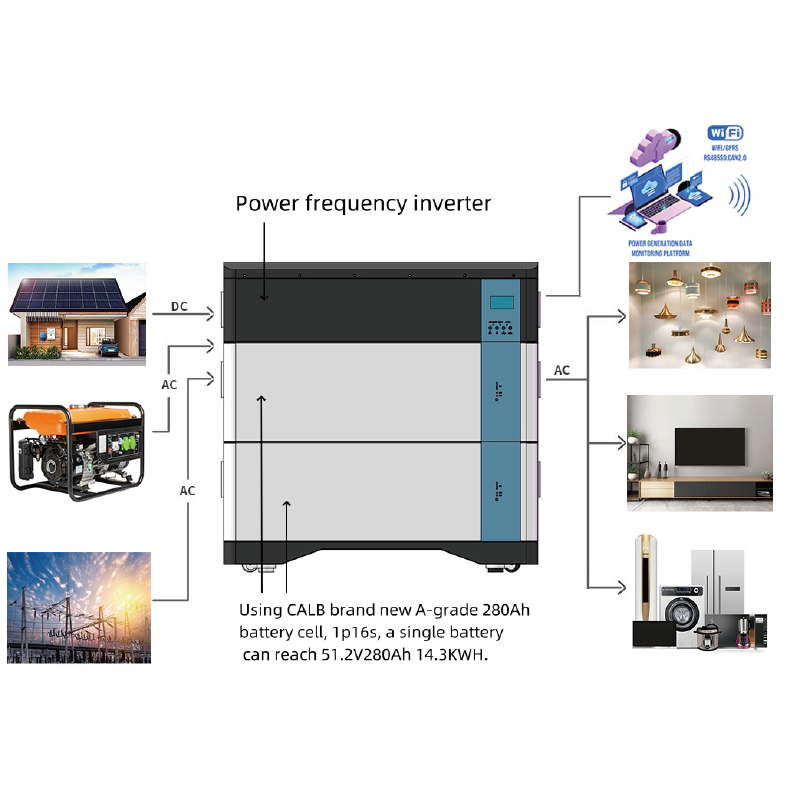Camping is a cherished pastime for many, offering a unique opportunity to connect with nature, unwind from the hustle and bustle of daily life, and create lasting memories with family and friends. However, as with any outdoor activity, safety is a paramount concern, particularly when it comes to sleeping in a tent at a campground. This article delves into the various factors that influence the safety of tent camping, providing practical insights for outdoor enthusiasts.
Understanding Campground Safety
When considering whether it is safe to sleep in a tent at a campground, several key factors must be evaluated:
- Location of the Campground:
- Natural Hazards: Campgrounds located in areas prone to natural hazards such as floods, wildfires, or landslides pose inherent risks. Researching the geographical features and historical weather patterns of the area can provide insight into potential dangers.
- Wildlife Encounters: Campgrounds situated near wildlife habitats may expose campers to encounters with animals such as bears, raccoons, or snakes. Understanding the local fauna and taking necessary precautions, such as storing food properly, is crucial.
- Campground Regulations and Management:
- Safety Protocols: Well-managed campgrounds often have established safety protocols, including guidelines for food storage, fire safety, and wildlife interactions. Familiarizing oneself with these rules can significantly enhance safety.
- Emergency Services: The proximity of emergency services, such as ranger stations or medical facilities, can be a critical factor in assessing safety. Campgrounds that are well-staffed and have quick access to emergency assistance are generally safer.
- Tent Setup and Equipment:
- Choosing the Right Location: Selecting a flat, dry area away from potential hazards (e.g., falling branches, flooding zones) is essential for a safe camping experience. Avoiding low-lying areas can help prevent water accumulation during rain.
- Quality of Gear: Investing in high-quality camping gear, including a durable tent, sleeping bag, and sleeping pad, can enhance comfort and safety. A well-ventilated tent can also reduce the risk of condensation and associated health issues.
Personal Safety Considerations
In addition to environmental factors, personal safety is a critical aspect of sleeping in a tent at a campground:
- Traveling in Groups: Camping with friends or family can enhance safety. There is strength in numbers, and having companions can deter potential threats and provide assistance in case of emergencies.
- Awareness of Surroundings: Staying vigilant and aware of one’s surroundings is vital. This includes being mindful of other campers, potential hazards, and any unusual activities in the vicinity.
- Emergency Preparedness: Carrying a first aid kit, a flashlight, and a means of communication (such as a fully charged mobile phone) can be lifesaving. Familiarizing oneself with basic first aid and emergency procedures is also advisable.
Conclusion: Is It Safe to Sleep in a Tent at a Campground?
In conclusion, sleeping in a tent at a campground can be a safe and enjoyable experience when proper precautions are taken. By considering the location, understanding campground regulations, ensuring quality gear, and prioritizing personal safety, campers can significantly mitigate risks. Ultimately, the key to a safe camping experience lies in preparation, awareness, and respect for nature. So, pack your gear, choose your campground wisely, and embrace the adventure of sleeping under the stars with confidence!






